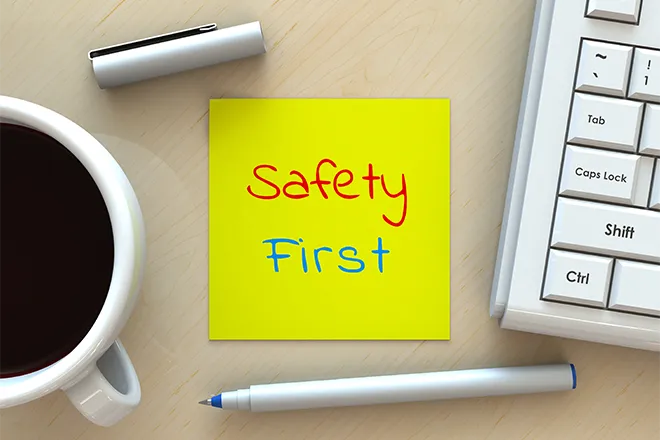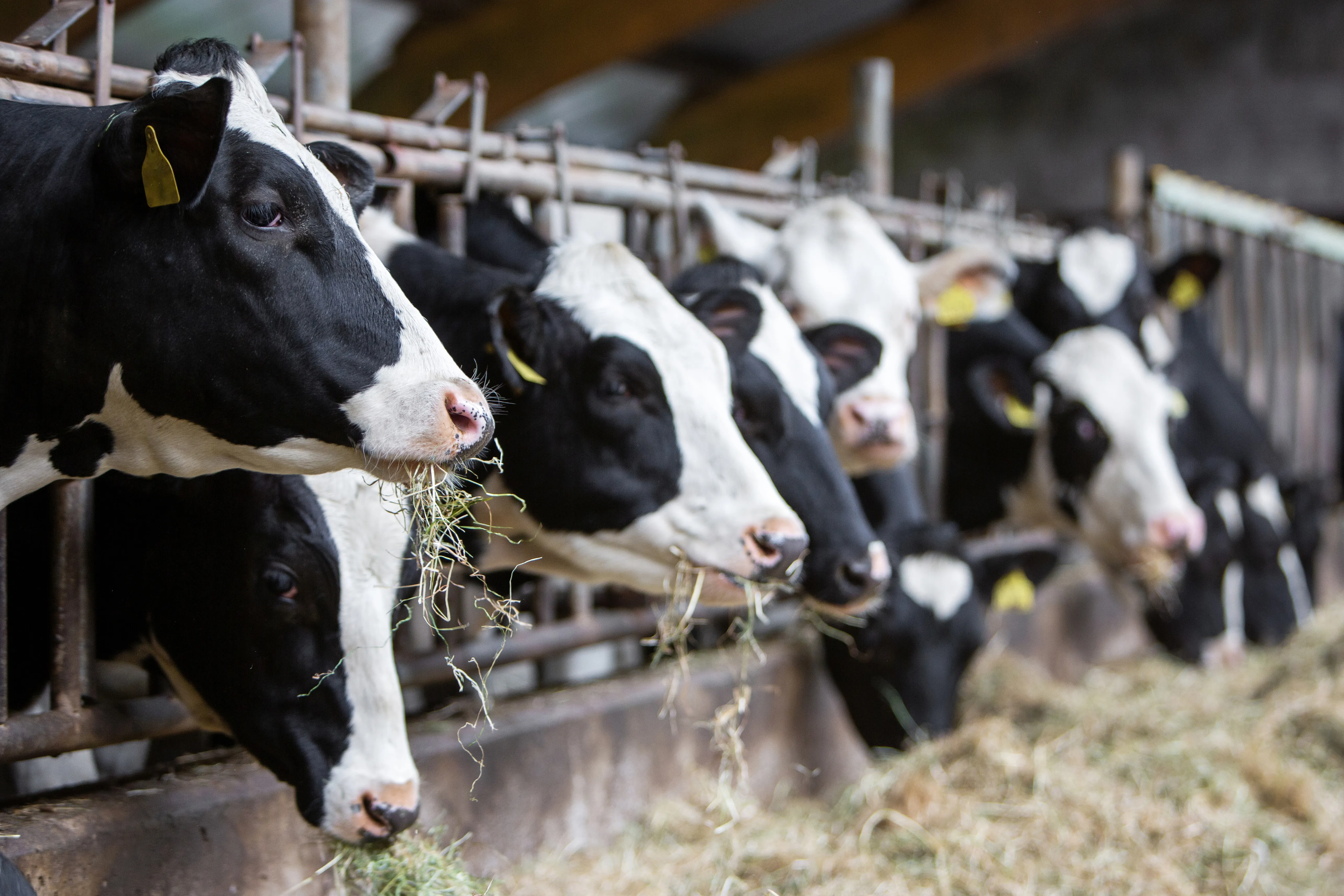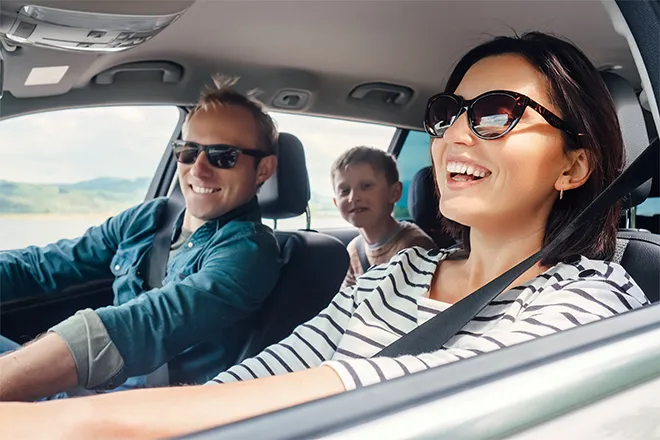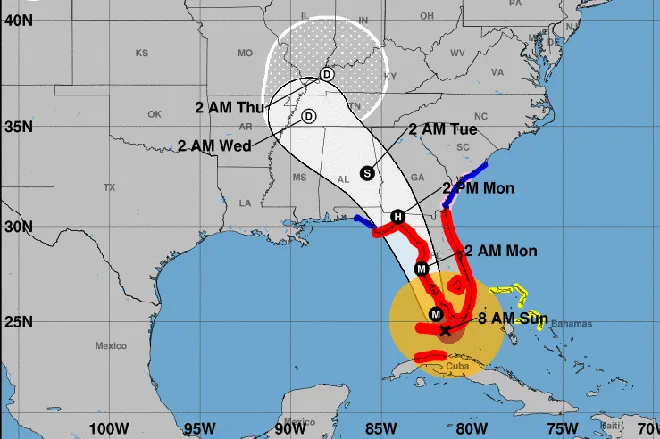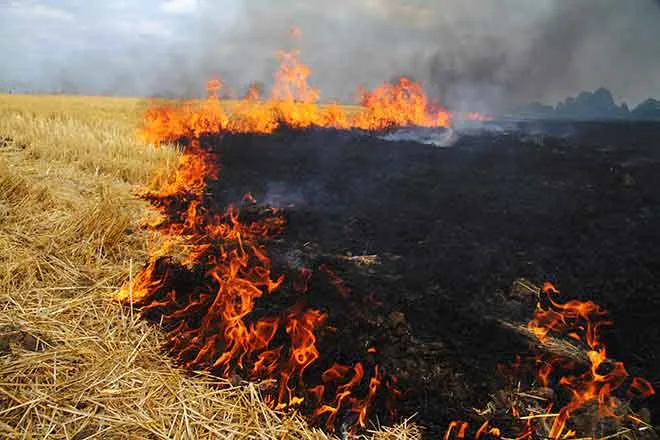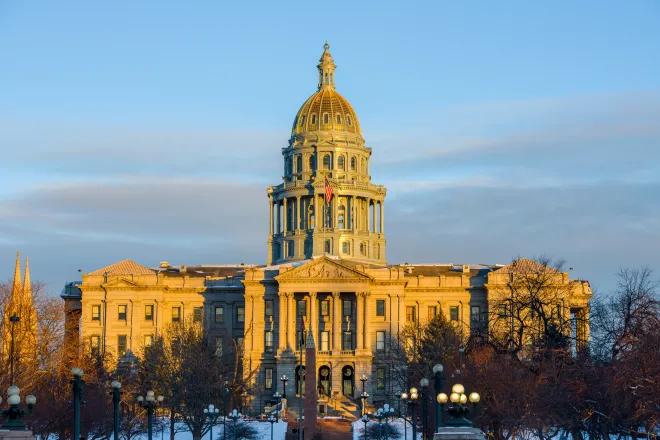Image
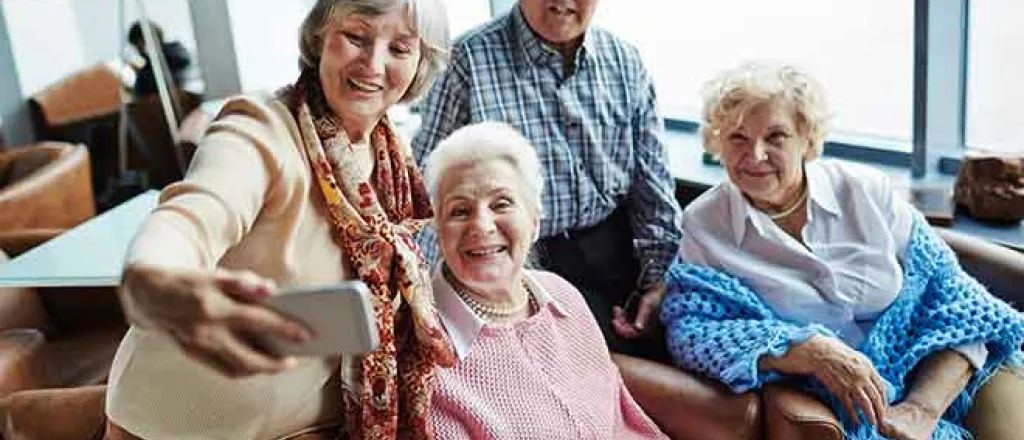
Older Adults can be Particularly Vulnerable in Cold Weather.
iStock
Here are some ways to stay safe during the winter months:
- Try to stay away from cold places. Changes in the body that come with aging can make it harder for older adults to be aware of getting cold.
- Check the weather forecasts for windy and cold weather. Try to stay inside or in a warm place on cold and windy days. If you have to go out, wear warm clothes including a hat and gloves. A waterproof coat can help you stay warm if it's cold and snowy.
- Wear several layers of loose clothing when it's cold. The layers will trap warm air between them. Don't wear tight clothing because it can keep your blood from flowing freely. This can lead to loss of body heat.
- Ask your doctor how the medicines you are taking affect body heat. Some medicines used by older people can increase the risk of accidental hypothermia. These include drugs used to treat anxiety, depression, or nausea. Some over-the-counter cold remedies can also cause problems.
- When the temperature outside has dropped, drink alcohol moderately, if at all. Alcoholic drinks can make you lose body heat.
- Make sure you eat enough food to keep up your weight. If you don't eat well, you might have less fat under your skin. Body fat helps you to stay warm.
Order FREE copies of Hypothermia: A Cold Weather Hazard to share with older adults you know, or take to your local community or senior center.

